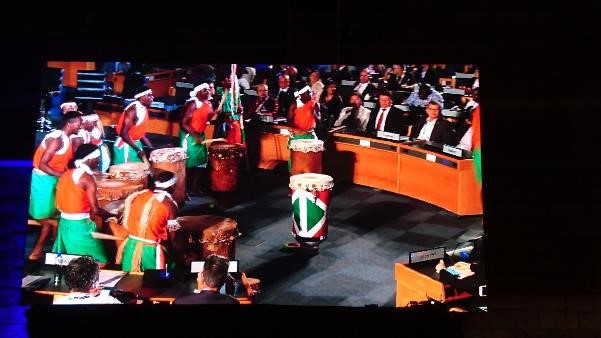By Erin Roger, ACSA Chair
I’d heard about the traffic gridlock in Nairobi- but I guess I never really understood how bad it could be. I am stuck in traffic heading back to my hotel and going nowhere fast.
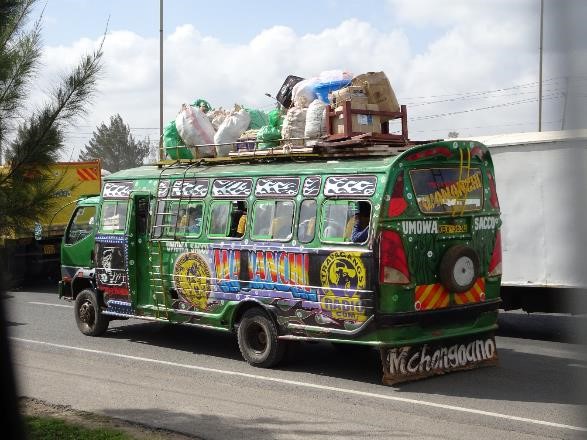
But let me re-wind.
I’m in Nairobi as one of around 20 people who are part of an international citizen science delegation attending the United Nations Science-Policy-Business Forum from December 2nd-3rd at the UN Complex. The UN complex in Gigiri is an oasis of green set on 140 acres and filled with indigenous tree species and Sykes’ monkeys. The focus of the Forum is pollution and how to bring together and encourage collaboration between science, policy and business to address global scale challenges. Our mission as a delegation is to ensure citizen science has a voice throughout the Forum and to place it firmly in the minds of forum participants as a tool to help address sustainability goals.
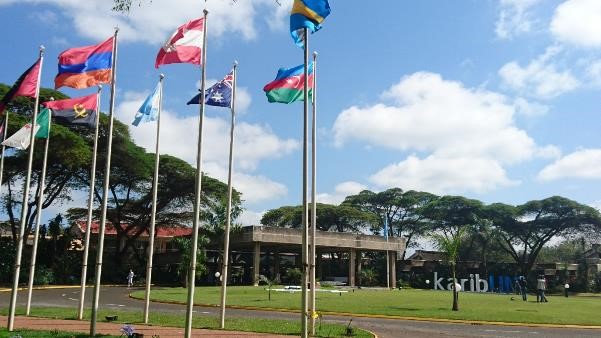
The opening plenary with African drumming kicking off the forum was a privilege to attend. Moderated by Axel Threfall the opening was filled with hopeful words encouraging attendees to use the time to shape our own engagement and to think of the UN as the facilitator of the process. Anne Bowser, from the Woodrow Wilson Centre and on the CSA Board of Directors, led the charge for the citizen science delegation at the plenary, inviting Forum delegates to attend the citizen science session held later that day and announcing the bold target of 1 billion people engaged in citizen science by 2020.
The citizen science delegation then split up to make sure our voices were heard in all the sessions throughout the Forum. We also organised our own session titled ‘Future of Citizen Science’, which featured panels and talks from citizen science representatives from around the world. The challenge set for this well-attended session was to tackle ‘how to scale the impact of citizen science’. You can read another perspective on the forum and citizen science session, as well as see a final statement video via Scott Edmunds’ (GIGI) Blog post. Scott was one of the citizen science delegates from Hong Kong.
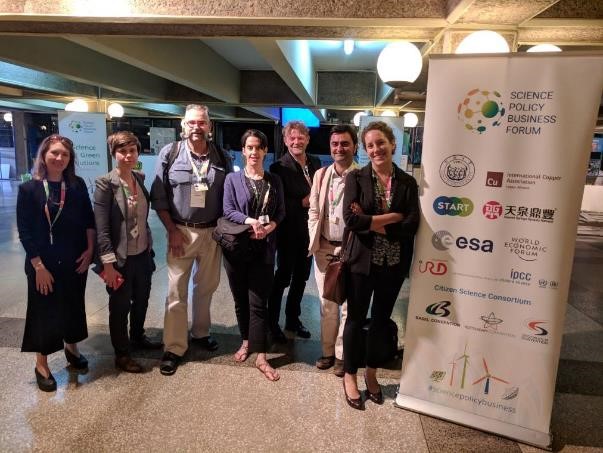
The Forum closed with a challenge for all attendees to set pledges and goals and to push the pollution agenda forward. It was reiterated that everyone’s voice counts and that it is critical for science, policy, and business to collaborate. The message from the President of the UN General Assembly resonated with me. Miroslav Lajcak highlighted the ‘importance of government policy being informed by science and for it to be made in the best interest of the people. Furthermore, it is no longer business savvy to place profit above the environment and that dialogue between us is the most powerful tool we have’. Powerful words.
The closing concluded with pledges from forum attendees, including the launch of a new gap analysis on the science policy interface by the UN. Johannes Vogel, who is currently Chair of the Executive Board of the European Citizen Science Association (our citizen science delegation lead), made the final pledge of the forum. Johannes urged us to move forward as a society together and underscored that in order to meet the problems of today, professional science alone cannot provide the necessary evidence. He reiterated our ambition of ‘1 billion global citizens engaged in citizen science by 2020’ and launched the Global Secretariat that will convene a standing committee to work with the UN. He also indicated the intent of forming an African Citizen Science Association. African drumming concluded the forum.
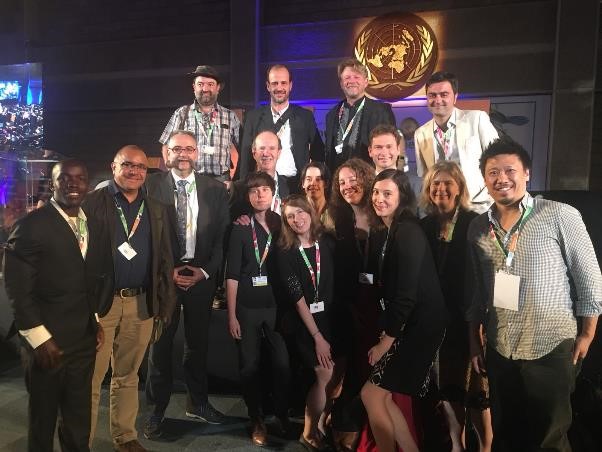
My final day in Nairobi as a delegate was spent at the United States International University (USIU). USIU is a beautiful campus and I was surprised by the number of common plants that I see in Sydney, such as bottlebrush and interestingly lots of lantana! At the meeting, faculty and students, as well as members of the citizen science delegation including CitSci Asia, ECSA, ACSA and CSA representatives, agreed on draft governance arrangements for the Global Citizen Science Partnership that was announced by Johannes Vogel at the closing plenary. It was agreed that ACSA will have a seat on the steering committee, so I will be able to provide regular updates about this exciting and fantastic initiative. It was also agreed that USIU would serve as the host institution to help establish the African Citizen Science Association. The other associations would support by offering to help with connections to other people and organisations that are active in the citizen science space and to share lessons learnt from our experience in setting up respective associations.
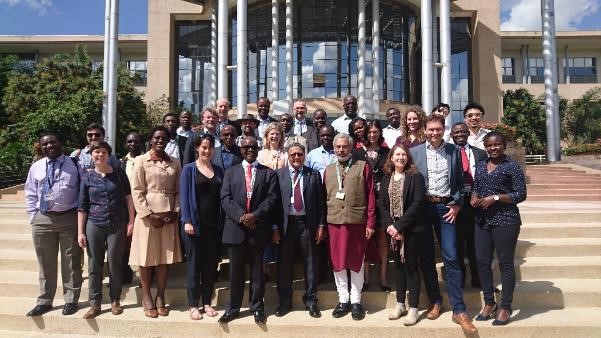
Back in Nairobi traffic, my Uber was making slow progress, but I had much to reflect on. It was an absolute privilege to attend both the Forum and the meeting of Associations (and prospective Associations) at USIU. What an experience to meet all the fantastic citizen science delegates, learn about another culture and country, as well as help advance and advocate for citizen science on a global scale. Stay tuned for reports from ACSA detailing how the network is advancing the commitments made to the UN. My thanks to Anne Bowser, Martin Brocklehurst, and Johannes Vogel for leading the delegation. In the words of Martin Brocklehurst, ‘It is an event that in retrospect will, in my opinion, be seen as a watershed in the growth of the global citizen science movement’. Exciting times indeed!
